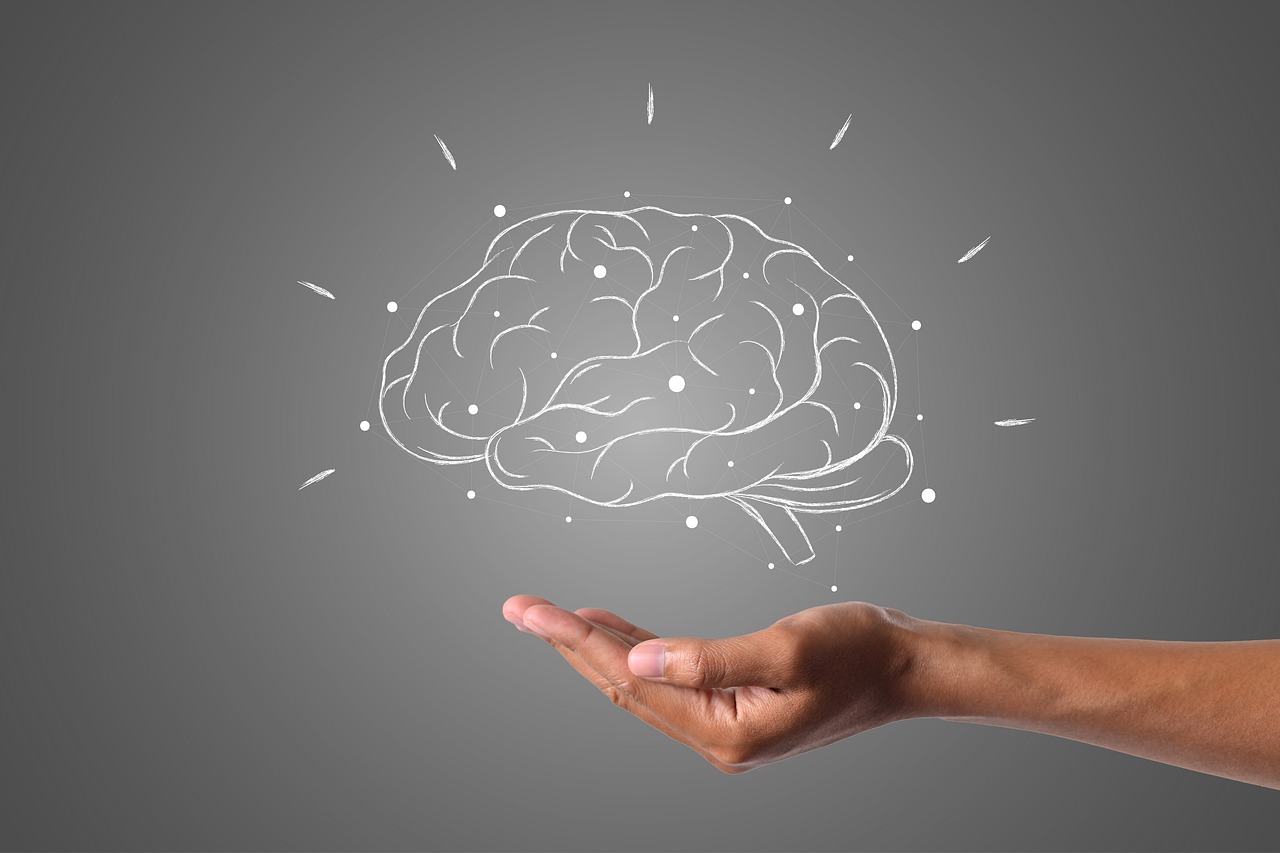News release
From:
Uncovering key proteins linked to brain aging
Thirteen proteins linked to brain aging in humans are identified in a Nature Aging paper. Changes in the concentrations of these blood proteins may peak at 57, 70, and 78 years old in humans, and suggest that these ages may be important for potential interventions in the brain aging process.
It is estimated that by 2050 the number of individuals aged 65 years and over will exceed 1.5 billion globally, highlighting the need for a deeper understanding of the aging process — particularly in relation to the brain. The prevalence of neurodegenerative disorders, such as dementia, is known to increase with aging; however, effective therapies are still limited. The early identification of and intervention in brain aging could help us to prevent such disorders. The biological age of the human brain can be estimated using predictive algorithms that are based on brain imaging features such as volume and surface area, but it may also be possible to infer the biological age of the brain and its health status using proteins in the blood.
Wei Cheng and colleagues used multimodal brain imaging data from 10,949 healthy adults aged 45-82 to investigate potential indicators of brain aging. They also analysed the concentration of around 3,000 proteins in the blood plasma of nearly 5,000 individuals using UK Biobank data. The authors identified 13 proteins that are strongly associated with biological aging of the brain, particularly Brevican (BCAN — a central nervous system protein). Levels of BCAN and GDF15 in the blood were also associated with dementia, stroke and movement functions. The concentrations of many proteins were found to change with biological brain age along distinct trajectories that together formed three brain age-related peaks at brain ages 57, 70, and 78 years. The authors suggest that non-linear changes in blood protein concentrations may reflect transitions in human brain health at specific ages.
The authors note that their data focused on older individuals of European descent, and that future research should investigate the role of these proteins across different ages and ethnicities.



 International
International


